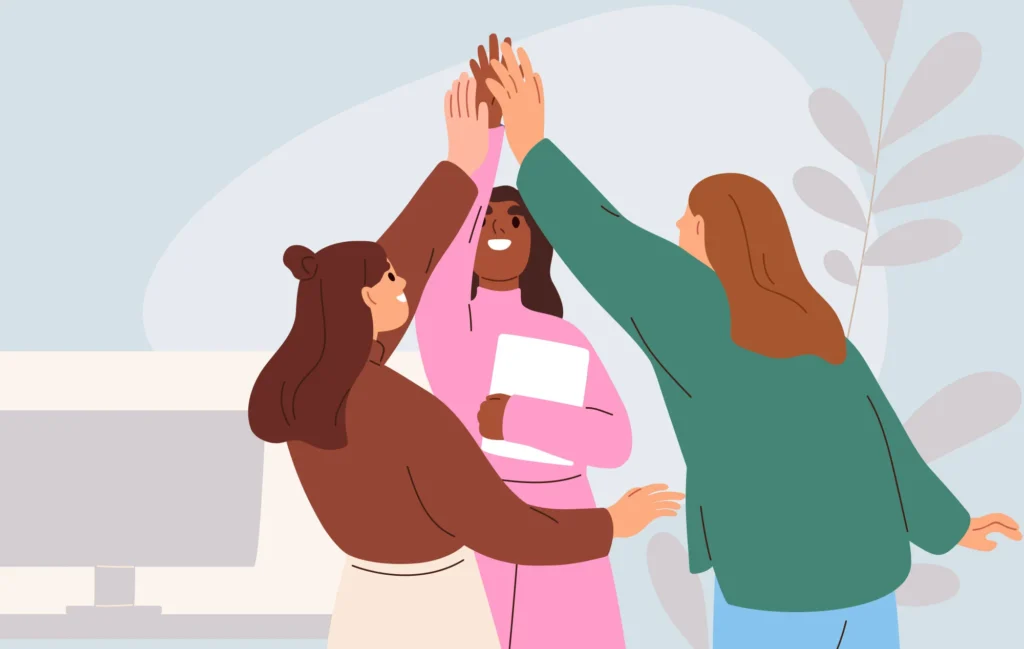Feel Like It’s Over? Here’s Why You’re Only Getting Stronger
It’s a universal moment: you reach a point in life where everything feels like it’s crumbling—whether that’s a Empowering job loss, relationship ending, or shattered expectations. In that moment, it seems like the story is over. But here’s the truth: this “ending” often marks the perfect launchpad for what’s next. Just take a look at some of today’s biggest cultural shifts and personal returns from adversity—they all started with a twist that felt like the end.
1. The Power of Reframing: Ending ≠ Final Chapter
Psychologically, we’re wired to assign meaning to endings—it’s called an “anchor.” When one door closes, our brains often hurry to conclude the narrative. But reframing that ending as a pivot point can transform it into the start of a whole new chapter. Just like many bestselling authors start with the climax to draw readers in, your perceived “end” might just be the engagement hook for your next act.
2. Google Trends Tell a Story of Rising Resilience
A quick dive into Google Trends shows surging global searches for terms like “resilience,” “well‑being,” and “starting over.” It’s proof that millions are navigating their own “end” moments and seeking to bounce back stronger. This collective shift reveals that feeling broken isn’t brokenness—it’s the soil where the roots of a new beginning form.


3. Stories That Begin at the End Can Hook Us Deeply
Think about cliffhangers: they leave you on edge, eager for what comes next. In storytelling, beginning with the end grabs attention and flips the question from “what happened?” to “how did this begin?” As you confront your own challenges, treat them like the opening to your origin story—what’s coming next is far more captivating.
4. From Crisis to Creativity: The Real-World Examples
- Artists sometimes abandon their signature style, only to discover a more authentic voice that defines their legacy.
- Entrepreneurs who face bankruptcy often pivot to business models and brands stronger than before.
- Everyday people find that heartbreak, loss, or job scares open doors to new passions, relationships, and strengths they never anticipated.
These aren’t exceptions—they’re patterns of transformation born from endings that weren’t endings at all.
5. The Psychology Behind the Pivot
Feelings of grief, confusion, and fear are natural at an ending—but they’re also powerful fuel. Here’s how to harness them:
- Grief signals what mattered, but also what’s ready to evolve.
- Confusion shakes up old beliefs—perfect ground for fresh perspectives.
- Fear shows exactly where growth beckons.
Instead of resisting these feelings, let them guide you toward what you’re really meant to build next.
6. Steps to Embrace That Fresh Beginning
- Pause and Reflect: Allow yourself to acknowledge loss and feel it fully.
- Write the Next Scene: Literally journal the next chapter—what fills your imagination now?
- Visualize the ‘Why’: What deeper purpose might arise from this turn?
- Take Micro-Action: One small step—sign up for a class, reach out, sketch out ideas.
- Track Patterns: Bookmark moments of growth, resilience, and insight. These breadcrumbs map your new narrative arc.

7. Turning Your Story Into a Beacon
One of the most powerful outcomes of emerging from your own “ending” is that you become an inspiration. Sharing the raw narrative—struggle, mess, and all—gives others hope. Your turning point can be someone else’s lifeline.
Conclusion
Recognition of an ending doesn’t have to mean defeat; it often signals what’s next. Through reframing, reflection, and small forward steps, you actively begin a new chapter each time life closes a door. Consider this: every major breakthrough starts with what feels like a breakdown. So if you feel like it’s over, know that your story is just getting started—and the best is waiting to be written.
Do follow UAE Stories on Instagram.
How Dubai’s Challenges Are Silently Forging Your Bright Future













